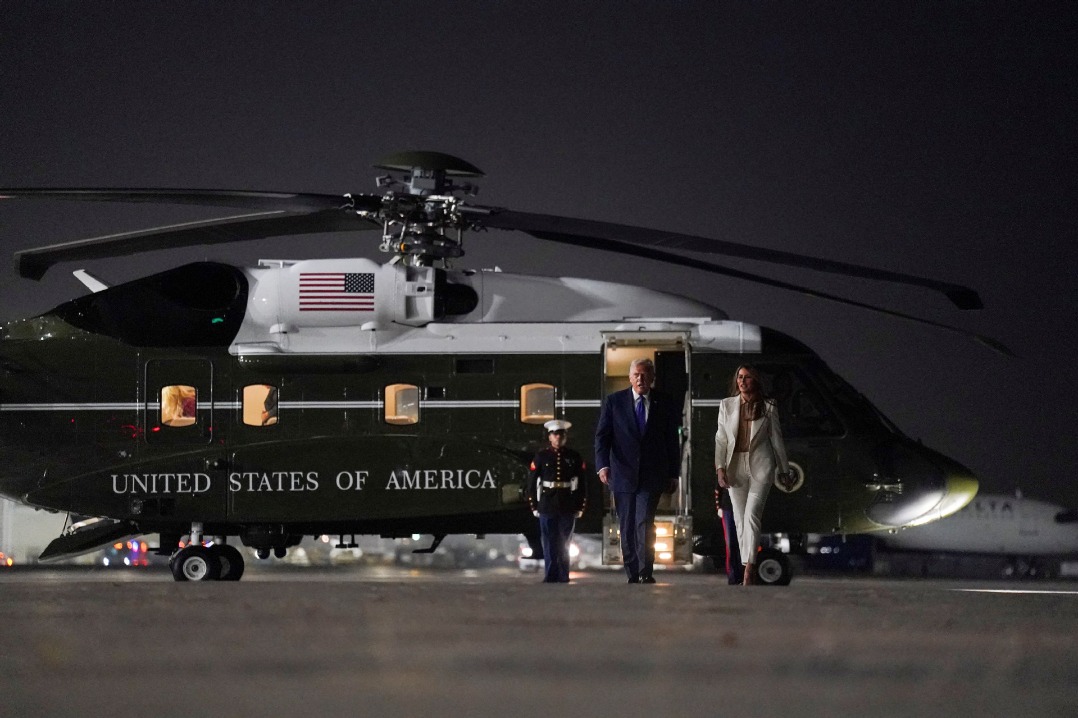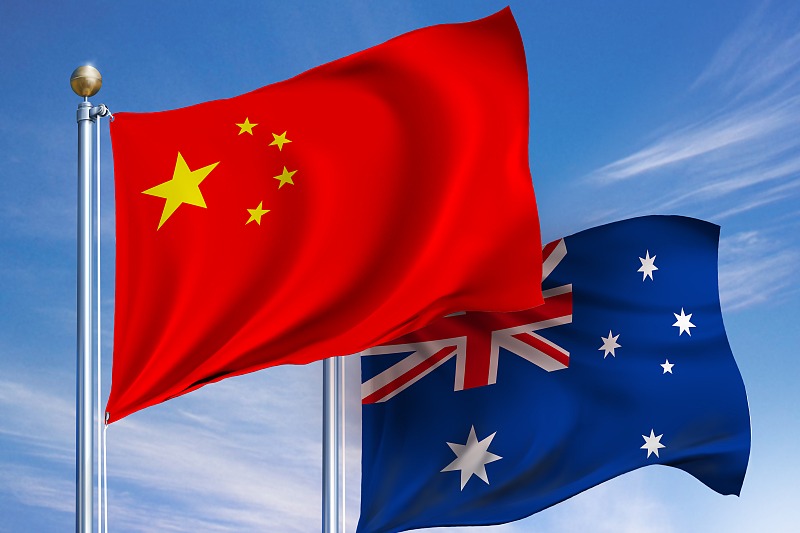Ties between China and Australia on upward trend

Following a successful visit to China late last year by Australian Prime Minister Anthony Albanese, Australia-China relations are on an upward trend, having turned frosty under the previous administration.
With Chinese Foreign Minister Wang Yi set to visit Australia later this month, hopes are high that progress can be made in resolving trade disputes between the two sides.
But was the recent Australia-ASEAN Special Summit a sign that Australia is looking elsewhere for partners? Or could deeper Australian engagement with Southeast Asia complement the repair of its China relationship?
The deterioration of the Australia-China relationship under the previous Australian government is commonly attributed to some provocative statements by the leaders in Canberra, and the language has certainly moderated since the Albanese government took office.
Instead of the "China threat "assertions that were a hallmark of former prime minister Scott Morrison's government, the Albanese government has been more cordial in talking about China and has been investing in repairing Australia's relationship with it. At the same time, it has also been investing more in a diversity of regional relationships, from the Pacific islands to Southeast Asia.
Widely anticipated resolution of the trade disputes between China and Australia should clear the way for Australia to join with the members of the Association of Southeast Asian Nations and other partners in welcoming China into the Comprehensive and Progressive Agreement for Trans-Pacific Partnership. That would have benefits all around. A commitment to free trade and the welcoming of foreign investment have been important elements for the region's growth in recent decades.
The recent summit underlined the shared interest of Australia and ASEAN members in an Asia-Pacific region that is at peace and pursuing shared prosperity through greater economic cooperation.
It has also sparked some media attention about differences of view on the rise of China.
There are, of course, different security outlooks among the diverse members of the region. Australia has been a close ally of the United States since World War II, while most ASEAN members cherish their nonalignment and resist domination by any hegemonic power in the Pacific.
There is nonetheless a deep understanding of each other's different strategic outlooks, given the friendly relations between countries of the region. Indeed, shared interests should overshadow differences.
Malaysian Prime Minister Anwar Ibrahim was widely quoted for remarking during his visit to Australia that "if they have problems with China, they should not impose it upon us". Yet this was a statement of the obvious, as any attempt to cajole ASEAN members to join any bipolar view of the world would indeed be counterproductive.
Rather, Australia should seek to become closer to ASEAN for sound strategic and economic reasons. Southeast Asia is Australia's neighborhood, which it needs to be at peace, and there remain plenty of opportunities to grow trade and investment within the region. That is anticipated to be complementary rather than contradictory to each country's continued economic engagement with China, which brings widespread and mutual benefits.
Actions rather than words underline how China and Australia have complementary economies. Even through the recent disputes, bilateral trade continued to grow. Australia supplies China with iron ore, natural gas and lithium, which is important to the products of the new green economy, such as electric vehicle batteries. Equally, China supplies Australia with a wide range of competitively priced manufactured goods and migrants and students who contribute to Australia's ongoing growth.
If the Albanese government can encourage deeper cooperation with ASEAN, this should make a constructive contribution to Australia-China relations, too, as Australians become more used to Asian cultural values and as Asia becomes more understanding of Australia's cultural mores.
At the end of the day, we all share a region that we want to keep safe and prosperous. That's a powerful glue, as long as leaders can harness and encourage the friendly people-to-people links that grow stronger day by day.
The author is vice-chair of the United Nations Sustainable Business Network for the Asia-Pacific region, a nonresident senior fellow at the Beijing-based Center for China and Globalization, and a former Australian diplomat.?The views do not necessarily reflect those of China Daily.

































